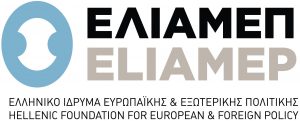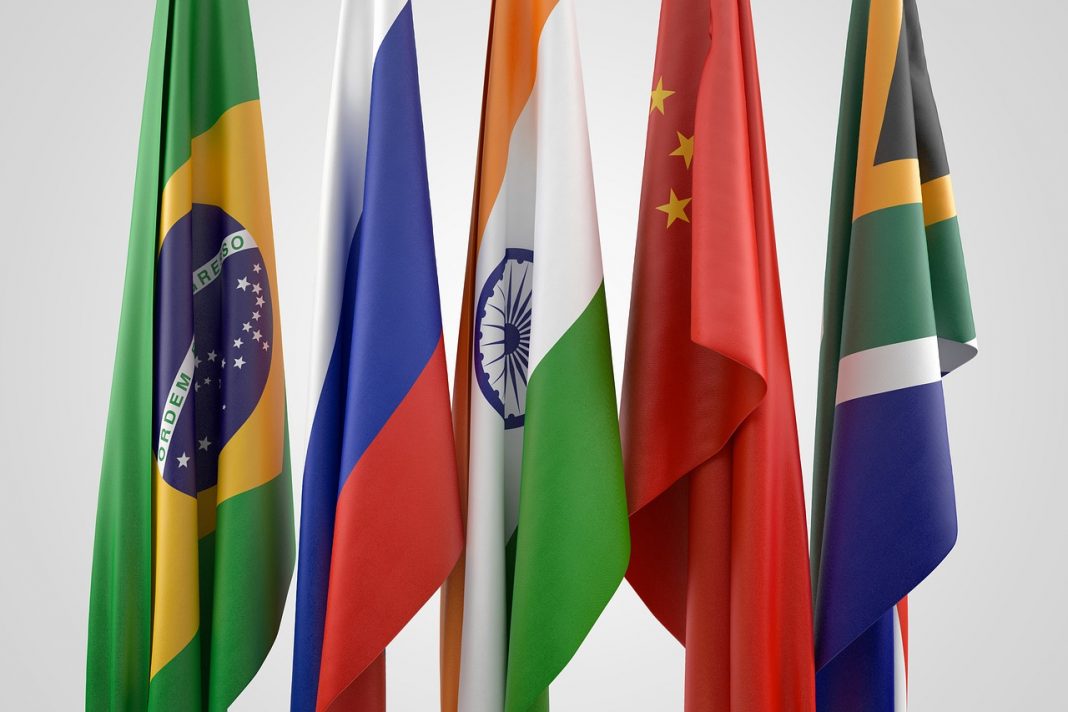The significance of the ‘new’ BRICS or BRICS+ (Brazil, Russia, India, China, South Africa, Egypt, Ethiopia, Iran, Saudi Arabia, and the United Arab Emirates) remains a contentious issue. However, it can be stated with relative certainty that the evolution of the BRICS is causing concern, specifically among Western governments. This unease is accentuated by events such as Russia’s invasion of Ukraine and compounded by the inclusion of seemingly ‘un-democratic states’ like Iran, Saudi Arabia, and Egypt into the BRICS framework starting from 1 January 2024 (Economic Observatory 20 October 2022). Additionally, Western concerns are exacerbated by the fact that these new BRICS states are very ‘energy-centric’ (Ismail 2023); indeed, Saudi Arabia, Iran, and the United Arab Emirates (UAE) are three of the world’s largest oil exporters (Baskaran & Cahill 25 August 2023). Western states may find this development alarming because it allows the aforementioned countries to lessen their reliance on conventional energy sources. Additionally, nations facing Western sanctions, like Iran, could potentially mitigate the consequences of these sanctions by engaging in trade with other BRICS members (Shahidsaless 31 August 2023). Along with this, discussion on the potential of the BRICS+ to pose a challenge to the dominance of the dollar has been growing, as highlighted by a commentary featuring in the Italian Institute for International Political Studies entitled ‘A BRICS+ Challenge to the Dollar?’ (Amighini 7 September 2023).
Authors: Daniela MARGGRAFF, Researcher, Ocean Regions Programme, University of Pretoria; Pavlos PETIDIS, Junior Research Fellow, ELIAMEP.
This text has originally been published on the ELIAMEP website.



